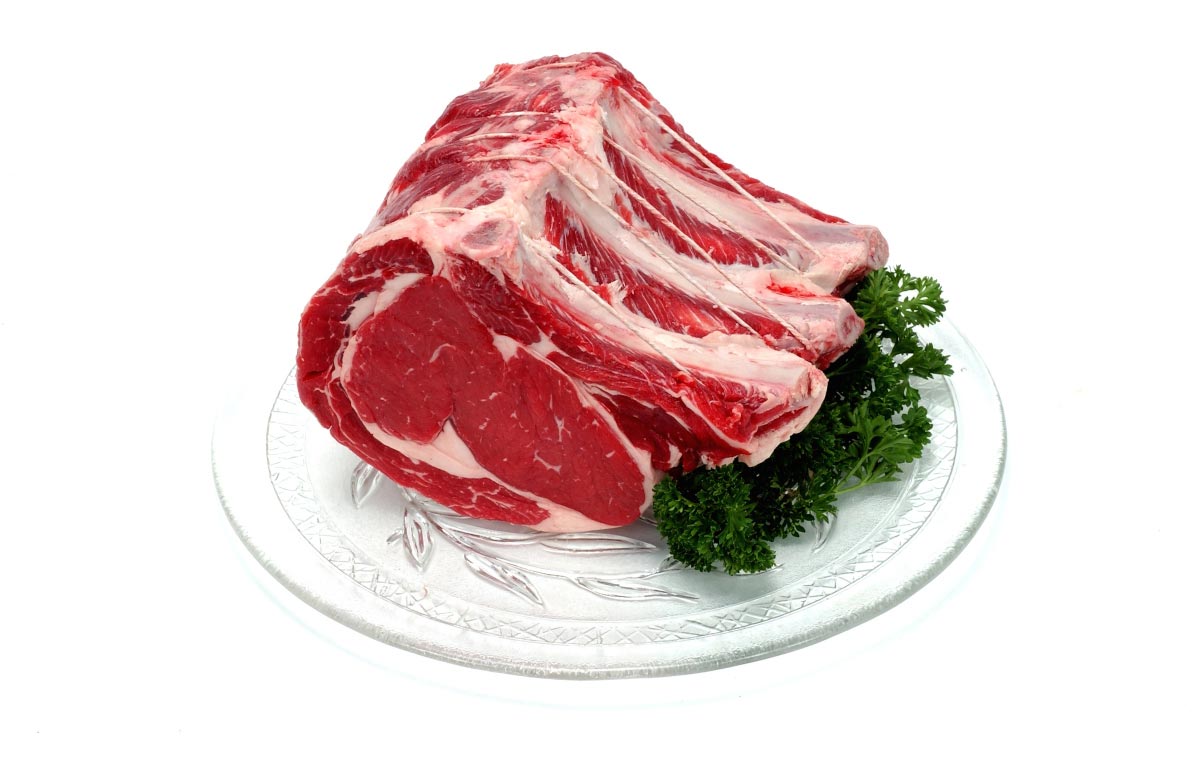
Advertisement
Ever heard of the all-beef diet? It was all the rage back in 2018 when bestselling author Jordan Peterson appeared in a podcast and shared the secret behind his slim figure.
“I eat beef, salt and water. That’s it, and I never cheat,” said Peterson. If Peterson is to be believed, his unusual all-beef diet improved his mental health and resulted in weight loss – a whopping 60 pounds at that!
If that sounds too good to be true, that’s because it is.
The dangers of following the infamous all-beef diet
Though not as popular now as it was back then, there are still some people who swear by the infamous all-beef diet, if you can even call it a diet. Most of these people are internet celebrities who would sooner offer their personal anecdotes as proof than provide real scientific evidence that eating only beef is good for you.
But don’t be fooled. The all-beef diet boasts more cons than pros. Below are some of the dangers of following a diet filled with nothing but beef, salt and water, according to biochemist Johanna DiStefano:
1. You’ll have higher cholesterol readings.
Animal fats are a major source of dangerous cholesterol for most people. Even grass-fed beef, which is thought to be the healthiest type of beef, contains cholesterol. Yet healthier diets like the Mediterranean diet leave room for meats like beef and poultry. Some nutritionists even favor beef over other meats like pork.
The secret? Moderation. Beef can be a healthy meat if you eat leaner cuts as part of a balanced diet and only in moderation. That goes out the window when you decide to eat only beef. You also set yourself up to have extremely unhealthy blood cholesterol levels since the cholesterol from beef will end up flooding your bloodstream.
Having high levels of cholesterol, especially the kind you get from meat, can raise your risk of developing heart disease. Heart disease is the leading cause of death in the United States.
2. You’ll become more at risk of cancer.
Studies have also revealed a compelling link between eating beef and developing certain cancers. That is because there is very little fiber in beef. Fiber is an extremely important macronutrient for keeping the colon healthy. When you don’t get enough fiber from foods, you face a greater risk of developing colon cancer.
3. You’ll have a higher risk of diabetes.
Meats like pork and beef won’t directly raise your blood sugar levels. But people at risk of Type 2 diabetes may still be advised to avoid them. That is because the saturated fats in meat can lead to insulin resistance.
Insulin resistance happens when your cells no longer respond well to insulin — the hormone that regulates your blood sugar levels — and can’t use glucose from your blood for energy.
Insulin resistance may eventually lead to Type 2 diabetes. If you eat beef seven days a week, chances are you’ll develop insulin resistance and possibly Type 2 diabetes.
4. You’ll have nutrient deficiencies
When you eat only beef and forgo all other foods like fruits and vegetables, you’re setting yourself up to develop nutrient deficiencies. Nutritionists always emphasize the importance of a well-balanced diet because you get different essential nutrients from different food groups.
Things will start going wrong if you don’t give your body the nutrients it needs, says DiStefano. You may develop a variety of ailments, from digestion problems to stunted or defective bone growth.
Eating healthy, minus the “dieting”
Healthy eating is more than just “dieting” or following fad diets like Peterson’s all-beef diet. You’ll be healthier if you pay attention to the foods you put on your plate and work from there.
On that note, here are some tips on how to eat your way to a healthier mind and body:
- Opt for whole grains – Whole-grain foods like brown rice and whole-wheat bread are great sources of complex carbs. These carbs can keep you full for longer because your body digests them more slowly.
- Eat lean proteins – Meat isn’t your only option for protein. Fish, beans and lentils are all good sources of high-quality protein.
- Eat foods with “good” fats – Not all fats are bad. Mono- and polyunsaturated fats like the ones found in fish, seeds and nuts can lower your cholesterol and reduce inflammation.
- Eat more colorful foods – Colorful fruits and vegetables are brimming with antioxidants that support immune health and help ward off diseases.
- Drink more water – Ditch the sugar-sweetened beverages and drink more water instead.
- Eat less salt – Eating processed foods can overwhelm your body with excess sodium. Swap salty snacks, processed meats and other canned products for whole, organically grown fresh produce.
Forget about all-meat diets. Those aren’t good for you. Instead, aim to eat healthily by making sure your meals include fresh fruits, vegetables, lean proteins and whole grains. Your body will thank you for it.
Sources:
Advertisements







